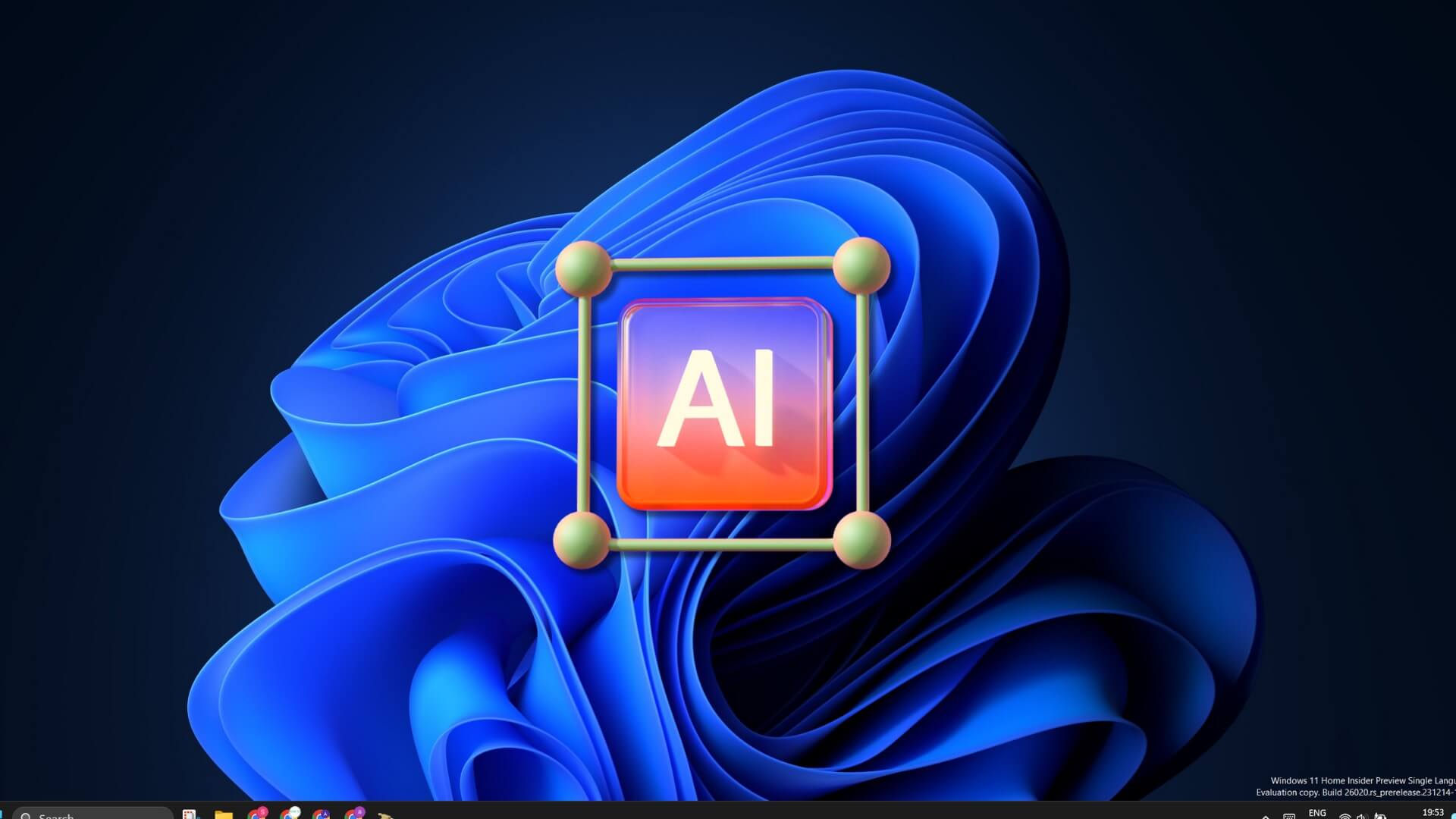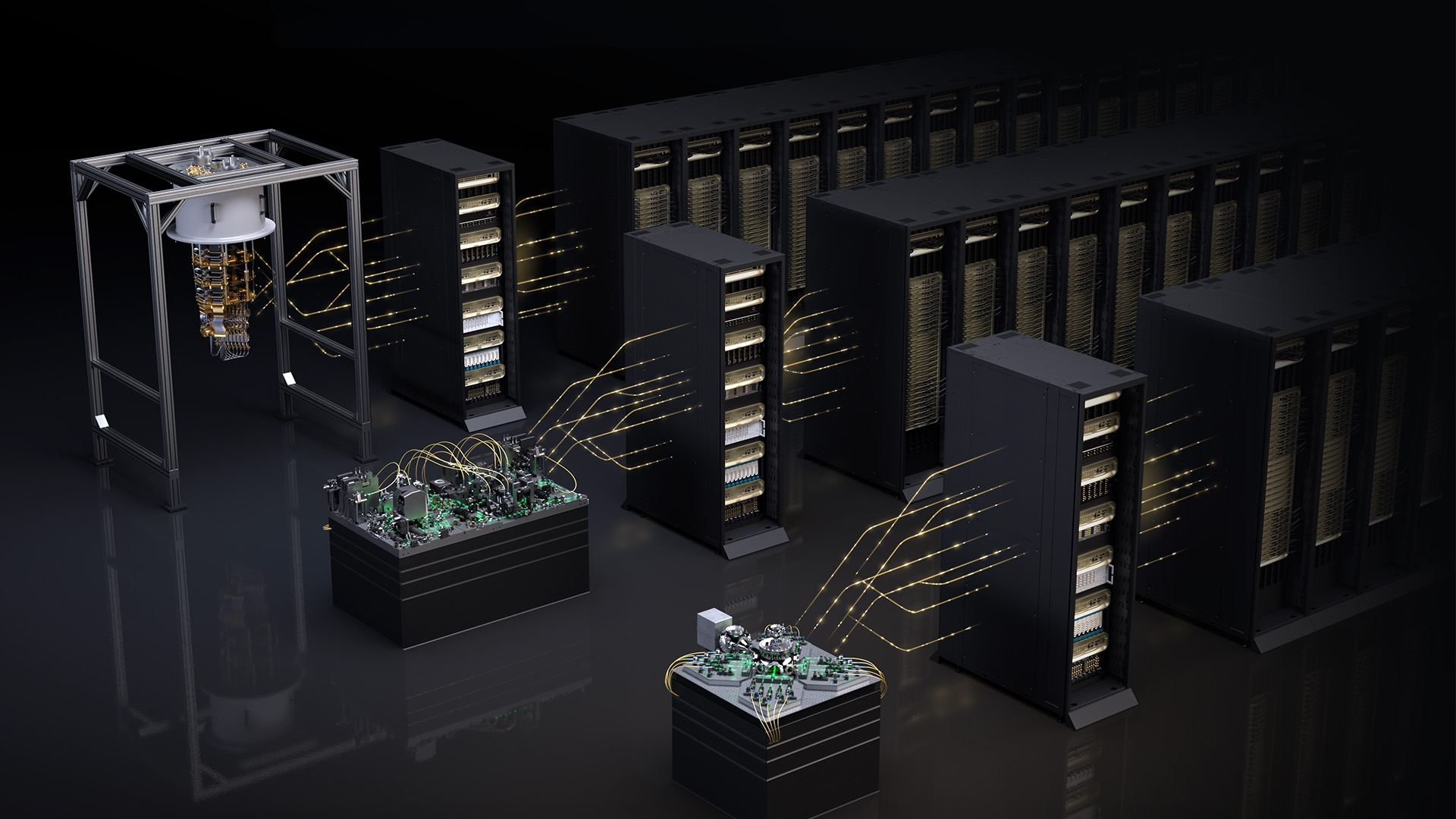The Agentic Revolution: How Microsoft, Nvidia, Visa, and Uare.ai Are Forcing the Global Shift from AI Experimentation to Autonomous Digital Adoption Across OS, Commerce, and Quantum Computing
- Phil Talbert

- Nov 17, 2025
- 3 min read

Microsoft: AI Agents Taking Over Windows
Business Overview
Strategic Push: Microsoft is committing to an "agentic OS" future, prioritizing the integration of AI agents and features directly into the core Windows operating system.
User Friction: The company acknowledges and continues to listen to concerns from power users and developers but confirms it will not halt the aggressive addition of new AI features.
Review & Analysis
Platform Commitment: This signals a major, non-reversible shift for the world's most popular desktop operating system, establishing AI agents as a foundational layer, not just an optional add-on.
Risk vs. Reward: Microsoft is leveraging its vast user base to drive early AI adoption at scale, accepting short-term friction with its most vocal users to secure a long-term competitive advantage in the AI-powered computing era.
Nvidia: Connecting AI and Quantum Computing
Nvidia is bridging the gap between classical supercomputing and quantum machines using its NVQLink and CUDA-Q technologies, allowing current AI to accelerate quantum breakthroughs and potentially shave years off discovery timelines.
Business Overview
Hybrid Architecture: Nvidia has created a direct link between its supercomputers (housing AI) and quantum machines using proprietary technologies like NVQLink and CUDA-Q.
Integrated Acceleration: This connection is designed to allow AI algorithms to immediately assist and optimize quantum computations, overcoming current limitations in quantum research.
Review & Analysis
Leapfrog Capability: This solution is a "skip-ahead" moment for high-performance computing, providing a practical, current-day method for AI to enhance the unstable and error-prone nature of quantum systems.
Ecosystem Dominance: Nvidia deepens its indispensable role in advanced computing by becoming the critical hardware and software bridge required for the next generation of quantum-AI research.
Uare.ai: Individual AI
Uare.ai secured $10.3 million to develop "Individual AI" agents designed to learn, model, and act exactly like real people, moving the industry closer to truly personalized and autonomous digital assistants.
Business Overview
Significant Seed Funding: Uare.ai successfully raised $10.3 million to finance the development of its specialized "Individual AI" technology.
Human-Centric Modeling: The core offering is an AI agent that is trained to not just perform tasks but to learn and replicate the specific behaviors and actions of an individual user.
Review & Analysis
Next-Generation Personalization: This pushes the concept of personal AI beyond simple scheduling or search, aiming for a highly sophisticated, trustworthy proxy that can represent the user autonomously in complex digital interactions.
Ethical and IP Implications: While promising efficiency, the creation of an AI twin that acts like a person raises immediate, high-stakes questions regarding digital identity, data ownership, and accountability for the agent's actions.
Visa: Intelligent Commerce
Business Overview
Agent-Driven Payments: Visa is developing Intelligent Commerce, a system centered on AI agents that are trained to autonomously execute purchasing decisions.
Security and Control: These AI purchases are constrained by safety protocols and user pre-approvals, ensuring the agent's actions are both secure and compliant with the user's defined rules.
Review & Analysis
Shift in Payment Initiator: Visa is proactively adapting to a future where purchases aren't initiated by a human click but by an autonomous AI agent, guaranteeing it remains a central layer in this new commerce ecosystem.
Frictionless Transaction Growth: By automating the purchase process based on pre-set conditions, Visa is effectively increasing the velocity and frequency of transactions by removing human friction from the final step of the commerce journey.





Comments